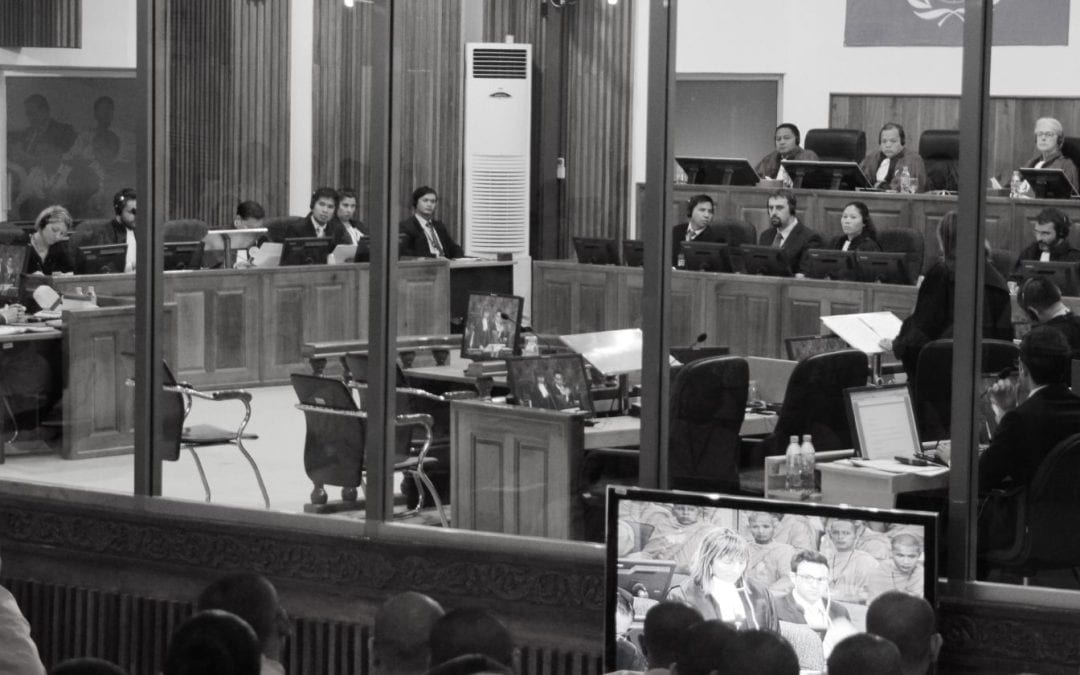by Jocelyn Martinez | Mar 14, 2023 | Comparative Law, India
Introduction This article focuses on an overview of the marriage and divorce laws in the United States and India. Marriage and divorce laws are important because they implicate strongly-held values regarding familial relationships, impact children and custody, and...
by Amanda Bini | Feb 28, 2023 | Comparative Law, Criminal Procedure
Introduction The use of neuroscientific and genetic evidence in criminal cases has been called a double-edged sword. On one hand, it may reduce the apparent culpability of defendants and mitigate their perceived responsibility for their crimes, leading to more lenient...
by Ben Gould | Feb 28, 2023 | Comparative Law, European Union
Introduction In 2019, Jane Slater found out that her (now-ex) boyfriend was cheating, after noticing repeated spikes in his Fitbit heart rate data at 4 a.m. whenever he was not home. In 2020, a civilian employee at Fort Bragg used the Army Installation’s official...
by Gabriella Igboko | Dec 5, 2022 | All, Comparative Law
As antiquated as it may sound, 84 countries currently have laws criminalizing blasphemy. The international community has long recognized the problematic nature of these laws; the ‘End Blasphemy Laws campaign,’ launched in the wake of the 2015 Charlie Hebdo massacre,...
by Samantha Hoover | Nov 29, 2022 | Comparative Law, Disability, Healthcare, Human Rights, Italy
This article will suggest that the U.S. should follow the legal framework of Italy’s involuntary commitment laws. Adding the “need for treatment” standard, coupled with increasing the number of verifications along the chain to commitment, could affect the rates of...

by Jocelyn Martinez | Oct 27, 2022 | All, Comparative Law, Criminal Procedure, Europe, European Union, Italy
Introduction This article will look at the United States rights guaranteed to a defendant during pretrial proceedings and focus on the rights afforded to defendants in Italy. United States and Italy In the United States, once a person has been charged or convicted...

